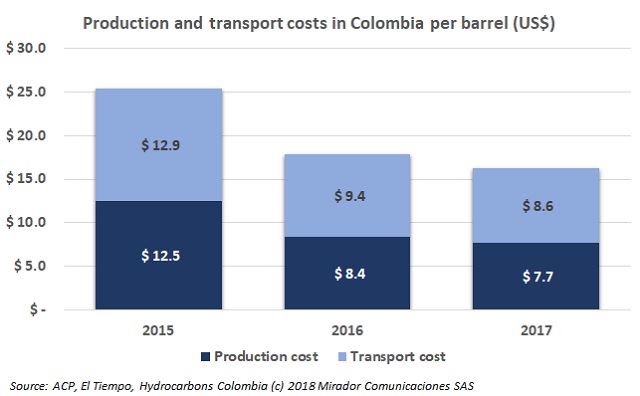From time to time, we like to look around the Latin American region and see how Colombia compares to its main rivals. This week Denton’s Jorge Neher takes a look at the off-again / on-again love affair between Ecuador and the oil industry. It seems like the mutual affection is on again and there are interesting opportunities.

The NOC spoke about ‘Pionero 500’; the new technology that can potentially change offshore activities in Colombia.
The boom of the anti-oil referendums created uncertainty in the extractive industry in Colombia. However, the Constitutional Court could take a relevant decision on this important issue.
Canacol Energy (TSX: CNE) announced its mid-year Reserves report with good results in blocks located in the Lower Magdalena Valley (VIM) Basin in Colombia. The firm highlighted that this is a result of its drilling program in the country.
For Nicolás Rodríguez (“Gabino”), maximum commander of the armed group, the peace process with Farc left many lessons to be considered in the midst of current negotiations between the ELN and the government. The development of these and other stories in our periodic Security summary.

Delvasto & Echeverria Asociados conducted a study on the oil transport costs in the country. Results are not very encouraging, leaving the country in an uncompetitive position.